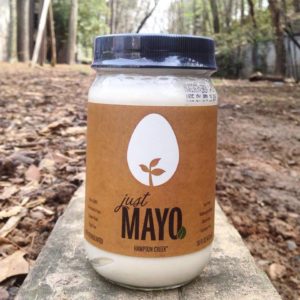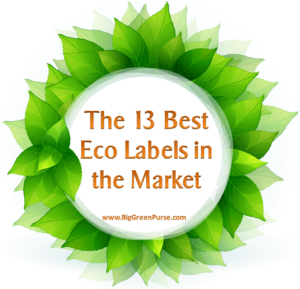[PRESS RELEASE – 6/3/08] MONTEREY, CA — Best-selling author and international environmental lifestyle expert Diane MacEachern today said that manufacturers that aspire to be green must start telling their customers to consume 20% less. MacEachern also said that companies must certify the entire environmental lifecycle of their products and services if they are to be trusted as sustainable businesses.
Speaking to representatives of more than 500 national and international companies, MacEachern said it was critical that producers and retailers acknowledge the connection between consumption and such serious environmental problems as global climate change, air and water pollution, exposure to toxic chemicals and rainforest destruction.
“Any company that wants to honestly wear a green mantle must tell shoppers to buy less first,” noted MacEachern, publisher of www.biggreenpurse.com and author of Big Green Purse: Use Your Spending Power to Create a Cleaner, Greener World.”
MacEachern laid down her 20% less challenge during a plenary speech to the 2008 Sustainable Brands conference in Monterey, CA. The 20% less recommendation is the cornerstone of a five-step approach that also urges companies to submit their products and services to lifecycle analysis (like the SMaRT standard being spearheaded by the Institute for Market Transformation to Sustainability) in order to reduce environmental impact from the beginning of the production process to the end.
“Consumers need a way to distinguish a green brand from one that merely “greenwashes” in order to make a buck,” MacEachern noted. “Companies that undergo lifecycle analysis by an independent party and ultimately get their products certified sustainable will not only become more environmentally responsible. They’ll also enjoy substantial marketplace advantage, as certification will make it easier for consumers to choose them over their competitors.”
MacEachern said this will be especially true among women, who make 85% of all retail purchases and who are essentially the CEO’s – the chief environmental officers – of their households and the CPO’s – chief purchasing officers – of a growing number of companies. Though a recent survey indicated that at least 50% of consumers want more green choices, additional studies show that many shoppers question whether green purchasing will really help protect the planet, given eco-benefits that manufacturers claim but don’t prove.
MacEachern’s Green Purse Platform includes:
- 20% Less: Urge customers to consume 20% less
- Lifecycle Analysis: Submit products and services to life cycle analysis to verify product eco claims
- Walk the Walk: In addition to marketing green products to consumers, companies must reduce the size of their operational footprint in meaningful and measurable ways, such as using wind power, eliminating use of dangerous chemicals, and maximizing use of recycled materials
- Tell It Like It Is: Companies need to be more honest with consumers about the environmental benefits their products offer. Companies will never be perfect, and they mislead consumers when they imply that they are.
- 2% for the Future: MacEachern proposes setting up a transition fund capitalized by contributions of 2% of a company’s profits. The fund will provide much needed capital to businesses that are eager to transition to more sustainable products and services but receive no government support to do so. For example, MacEachern noted that the recent farm bill includes no money to help pesticide-dependent farmers transition to organic agriculture. An independent fund could help underwrite such activity.
MacEachern says that consumers love the idea of a 20% less campaign. “It reminds women of the movie, “Miracle on 34th Street,” she says.

















1 thought on “Manufacturers Must Tell Consumers to Buy 20% Less; Sustainable Certification Key”
I totally agree on “tell your customers to buy 20% less.” First of all we need to hear that message even if we ignor it. It tells us that big business is now on the same side of the table as consumers.
It also aligns the big business message with the messages that women are sharing with each other right now, i.e. buy less or buy Sustainably. Becoming a customer’s best friend by having similar values can’t hurt as long as it’s honest.
Meanwhile, having a life cycle assessment on products is critical for sustainable marketing triage. You can’t stop the bleeding or talk about the top issues with honesty until you know what’s going on in the entire supply chain. It’s the only way to protect a brand’s reputation.
Comments are closed.